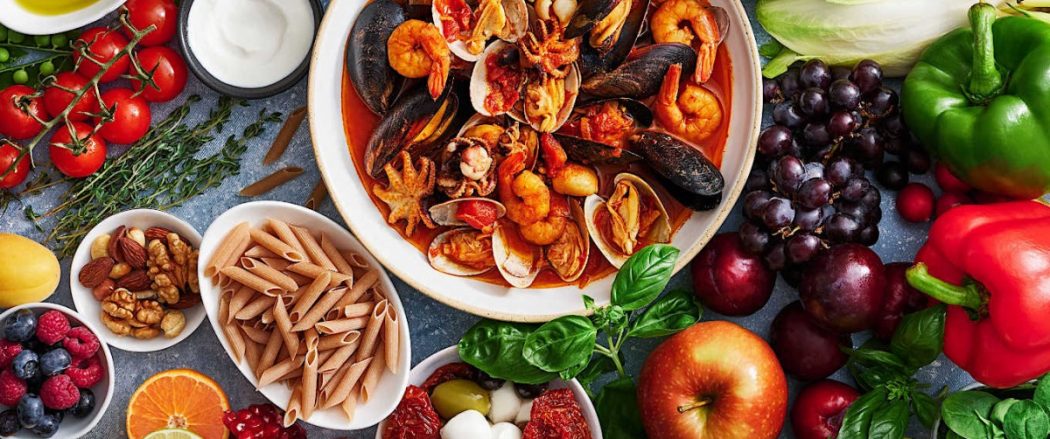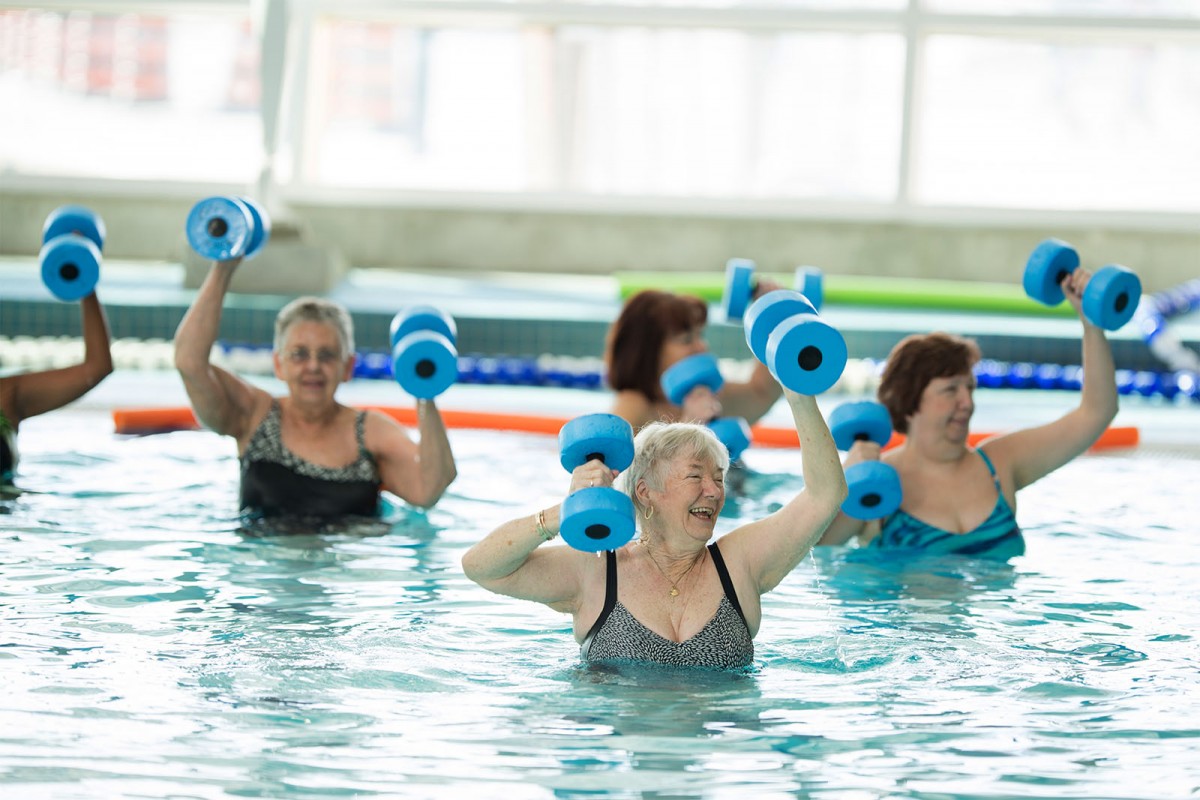It’s a well-established fact that the Mediterranean diet has great benefits for health, but many people misunderstand what goes into this diet and end up assuming that it is all pizza, pasta lasagne and garlic bread. It is in fact far more wide ranging than this and contains a huge variety of foods and recipes from not just Italy but other countries such as France, Cyprus, Greece, Siciliy, Corisca and Spain (and can even include some ingredients imported from north African countries like Morocco, Tunisia and Egypt as well as Levantine coast countries such as Israel and Jordan). The varieties of foods available from all these countries are incredible. Coming from an Italian family myself, I know one of the keys to success is fresh ingredients and making foods from scratch.
One of the many reasons the Mediterranean diet is so successful in supporting the body is that it has an emphasis towards vitamin & mineral rich whole foods such as fruit, vegetables, whole grains and healthy fats as well as a variety of herbs and spices. Vegetables such as Onion, Garlic, Carrot, celery, courgette, aubergine, broccoli, chicory, beetroot, and artichoke are common ingredients in many Mediterranean recipes and great sources of a wide variety of vitamins and minerals. Tomatoes are probably the most well used ingredient. In Italy tomatoes are placed in two separate categories for eating. The first being insalatari which are fresh firm and slightly acidic tomatoes for eating raw. The second category is Salsa which tend to be the softer, riper tomatoes which are far better for making sauces and cooking with. Either way, with tomatoes making a regular appearance in so many Mediterranean dishes it means most foods are high in antioxidants which is a huge positive.
Healthy oils are also a large part of Mediterranean cooking. Most of the oils being used tend to be olive oils. With such a large olive growing industry the quality of olive oils from the Mediterranean are second to none and they are rich in vitamin E which, as a lipid soluble antioxidant, helps the body to keep the skin healthy and protect against free radicals.
Yet another essential part of Mediterranean diet is fish and seafood. There is a wealth of Mediterranean dishes that include fish and seafood such as cod, bass, anchovies, shellfish like vongole clams and mussels, salmon, trout, tilapia, crab and prawns. This selection of ocean and river fayre are a fantastic source of vitamins and minerals like vitamins A, D, E and B and minerals such as iron, calcium, zinc, selenium and iodine, and in particular, the fish are a great source of omega 3 oils which have a variety of benefits for the body.
One thing to be aware of with this particular diet is the amount of high fat items that are available, in particular cheeses and cured meats. Cured meats such as salami, parma/iberoco hams, bresaola, mortadella, although high in protein can be high fat and/or high salt and are generally used sparingly in recipes for flavour or thinly slices as part of antipasti appetizer dishes. Cheeses provide protein, calcium, phosphorus, vitamin A, vitamin B2, and vitamin B12. Hard cheeses like manchego, parmesan, gorgonzola and pecorino tend to be higher in fat but high in flavour and should be used sparingly. Softer cheeses like feta, mozzarella, halloumi and ricotta are generally lower in saturated fat than hard cheeses and tend to be a preferred option for a healthier diet.
As you can see, the Mediterranean diet is packed full of goodness and with just a simple search online can find an incredible amount of recipes. Lots of these dishes can be made quickly but some foods can take more preparation, as they take a long time to cook such as Bolognese sauce. These can be batch cooked and used to make other meals like lasagne and cannelloni which in turn can be portioned up and eaten over the course of a few days to make sure there is no wastage. Just remember that portion sizing is important and, as with any diet, don’t forget to exercise.
If you would like more information on healthy eating then talk to one of the Everyone Health Nutritionists or Health Trainers.



